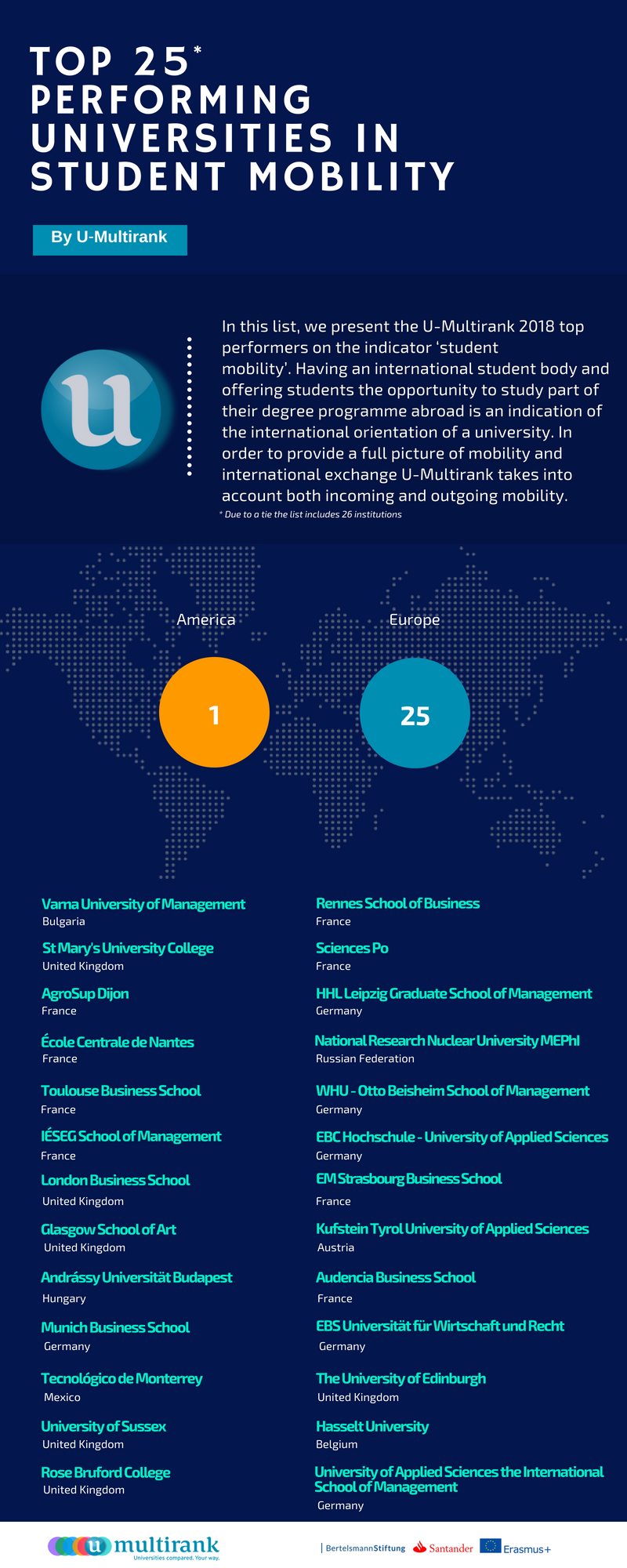
Similarly, the premium for sophomore year is nowhere near 50 percent of the return on a bachelor’s degree, and the premium for junior year is nowhere near 75 percent of that return. You’ll receive a salary bump compared with someone who’s attended no college, but it won’t be anywhere near 25 percent of the salary premium you’d get for a four-year degree. Most of the salary payoff for college comes from crossing the graduation finish line. Nonetheless, I believe that signaling accounts for at least half of college’s financial reward, and probably more. Lest I be misinterpreted, I emphatically affirm that education confers some marketable skills, namely literacy and numeracy. The main effect is not better jobs or greater skill levels, but a credentialist arms race. As a society, we continue to push ever larger numbers of students into ever higher levels of education. But signaling plays almost no role in public discourse or policy making. Every college student who does the least work required to get good grades silently endorses the theory.

Michael Spence, Kenneth Arrow, and Joseph Stiglitz-all Nobel laureates in economics-made seminal contributions to the theory of educational signaling. The labor market doesn’t pay you for the useless subjects you master it pays you for the preexisting traits you signal by mastering them.
#Best colleges for c students 2018 full
If you’re looking for that kind of worker-and what employer isn’t?-you’ll make an offer, knowing full well that nothing the philosopher learned at Stanford will be relevant to this job. What do you infer? The applicant is probably brilliant, diligent, and willing to tolerate serious boredom. A law student with a doctorate in philosophy from Stanford applies. Suppose your law firm wants a summer associate. If schools aim to boost students’ future income by teaching job skills, why do they entrust students’ education to people so detached from the real world? Because, despite the chasm between what students learn and what workers do, academic success is a strong signal of worker productivity. The disconnect between college curricula and the job market has a banal explanation: Educators teach what they know-and most have as little firsthand knowledge of the modern workplace as I do. Why do English classes focus on literature and poetry instead of business and technical writing? Why do advanced-math classes bother with proofs almost no student can follow? When will the typical student use history? Trigonometry? Art? Music? Physics? Latin? The class clown who snarks “What does this have to do with real life?” is onto something.


But this dodges puzzling questions.įirst and foremost: From kindergarten on, students spend thousands of hours studying subjects irrelevant to the modern labor market. The simple, popular answer is that schools teach students useful job skills. The key issue, however, isn’t whether college pays, but why. How, you may ask, can anyone call higher education wasteful in an age when its financial payoff is greater than ever? The earnings premium for college graduates has rocketed to 73 percent-that is, those with a bachelor’s degree earn, on average, 73 percent more than those who have only a high-school diploma, up from about 50 percent in the late 1970s. When politicians vow to send more Americans to college, I can’t help gasping, “Why? You want us to waste even more?”
#Best colleges for c students 2018 plus
Yet a lifetime of experience, plus a quarter century of reading and reflection, has convinced me that it is a big waste of time and money.

Personally, I have no reason to lash out at our system of higher education. Thanks to tenure, I have a dream job for life. Check out more from this issue and find your next story to read.


 0 kommentar(er)
0 kommentar(er)
